From The Boardroom To Bedroom: Laurent Freixe, Andy Byron, And 5 Other CEO's Who've Lost Their Jobs Due To Affairs
From corporate power to personal scandal—how affairs cost these high-profile CEOs their careers and reputations

In recent years, the corporate world has seen a surge of CEO departures, not due to poor performance, but rather over personal conduct that crosses workplace boundaries.
High-profile exits at Nestlé and the tech firm Astronomer underscore how the line between private choices and professional accountability has blurred in an era of scrutiny and transparency. At the centre are undisclosed romantic relationships, whistleblower reports, viral videos and no‑exit packages.
But this isn't just about policy breaches. It's about power, perception, and the price of indiscretion.
These executives weren't ousted for missing quarterly targets; they were undone by affairs, secret relationships, and scandals that exploded beyond the confines of the office. Some were caught on camera, while others were exposed by whistleblowers or through hacked emails. In every case, the fallout was swift, public, and unforgiving.
The stories of CEOs who went from commanding boardrooms to making headlines for all the wrong reasons reveal how personal choices can unravel even the most formidable careers in the age of transparency.
Laurent Freixe: Nestlé's Swift and Stern Response
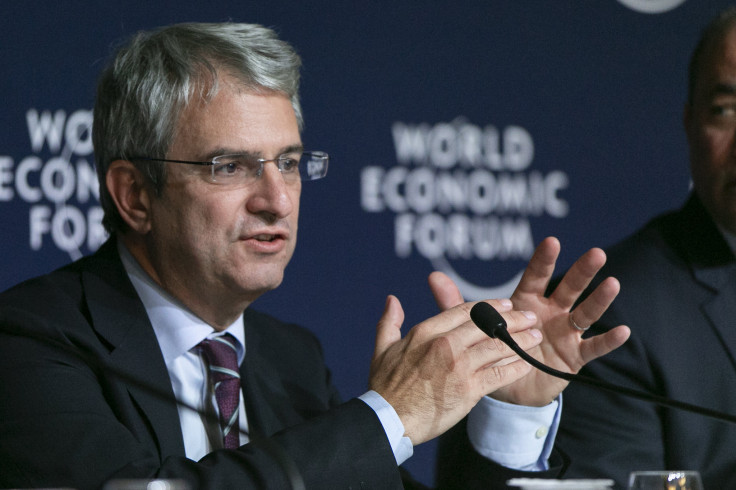
Nestlé's CEO, Laurent Freixe, was dismissed in September 2025 following an internal investigation into an undisclosed romantic relationship with a direct subordinate. Freixe, who had only held the top job for a year, was removed with immediate effect after the company concluded he had violated its code of business conduct.
The probe was triggered by a whistleblower complaint and overseen by Nestlé Chairman Paul Bulcke and Lead Independent Director Pablo Isla. The company emphasised that its decision reflected a commitment to 'best practice corporate governance' and transparency.
Freixe's departure was particularly striking given his four-decade tenure at Nestlé, where he had previously led operations in Europe and Latin America. He will not receive an exit package, and his replacement, Philipp Navratil, head of Nespresso, was appointed the same day.
Nestlé's handling of the situation has been praised for its decisiveness, but it also highlights the growing intolerance for ethical lapses at the highest levels of corporate leadership.
Andy Byron: The Coldplay Concert That Went Viral
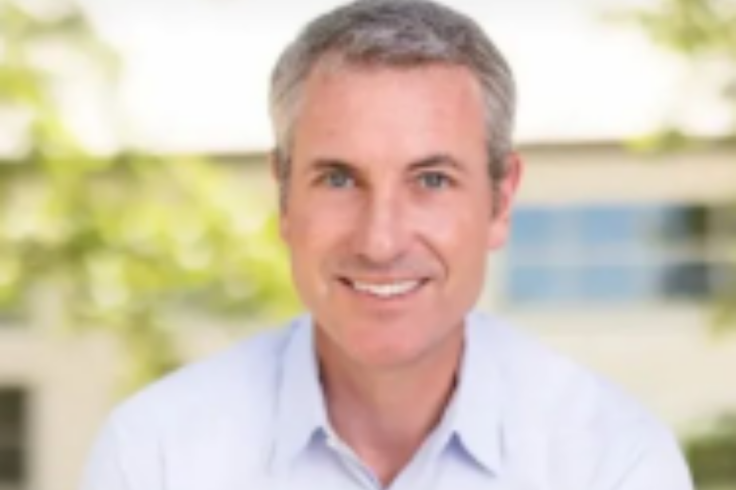
Astronomer Inc., a US-based tech firm, faced its own scandal when CEO Andy Byron was caught on camera at a Coldplay concert in Massachusetts, cuddling the company's Chief People Officer, Kristin Cabot. Both were married to other people, and the moment, broadcast on the stadium's jumbotron, quickly went viral.
Coldplay frontman Chris Martin quipped, 'Either they're having an affair or they're just very shy,' as Byron ducked out of view and Cabot turned away from the camera. The incident sparked immediate backlash, and both executives resigned shortly thereafter.
An astronomer released a statement on LinkedIn: 'Leaders are expected to set the standard in both conduct and accountability, and recently, that standard was not met.'
Further revelations followed. Byron reportedly spent over $250,000 on OnlyFans subscriptions and custom content, using a secret Instagram account to arrange explicit video calls with adult creators. The scandal not only tarnished his reputation but also raised serious questions about the misuse of company resources and judgment.
Ashley Buchanan: A Short-Lived Tenure at Kohl's
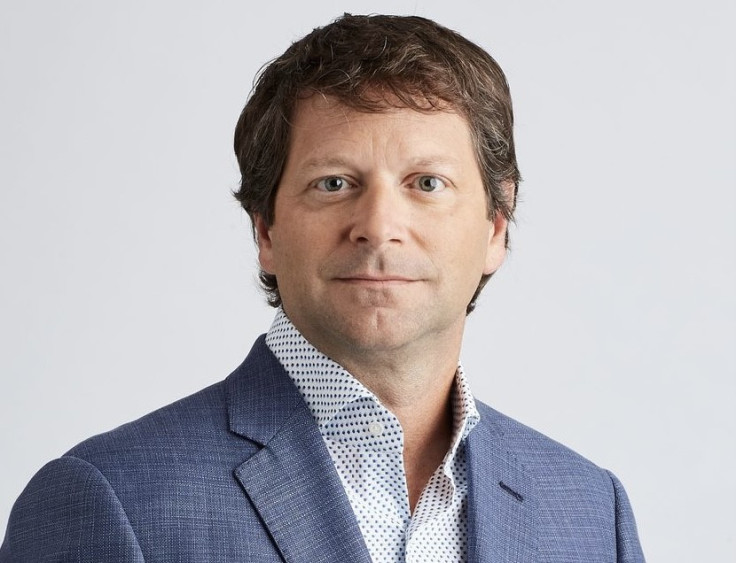
Ashley Buchanan, CEO of US retail giant Kohl's, was removed from her position after just over 100 days on the job. While the company has not publicly confirmed the details, multiple reports suggest her exit was linked to a romantic relationship with a colleague that breached internal policy.
Buchanan's departure adds to a growing list of executive exits tied to personal conduct. Her brief tenure was marked by efforts to revitalise Kohl's amid declining foot traffic and shifting consumer habits, but the controversy overshadowed any strategic progress.
Steve Easterbrook: McDonald's CEO Fired Over Relationship With Employee
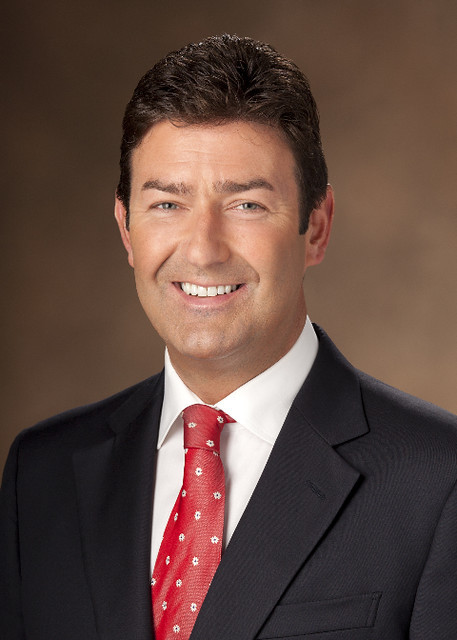
In 2019, McDonald's dismissed CEO Steve Easterbrook after he admitted to a consensual relationship with an employee, violating company policy. The board acted swiftly, citing a failure in judgment and a breach of the company's standards of conduct. Easterbrook, who had overseen a successful turnaround of the fast-food giant, was initially granted a severance package.
However, in 2020, McDonald's filed a lawsuit against Easterbrook, alleging he had lied and destroyed evidence of multiple relationships with employees. The company eventually clawed back his $105 million severance deal after uncovering emails and photos that contradicted his initial statements. McDonald's stated the move was necessary to uphold its values and protect its reputation.
Brian Krzanich: Intel's CEO Resigns Over Past Relationship
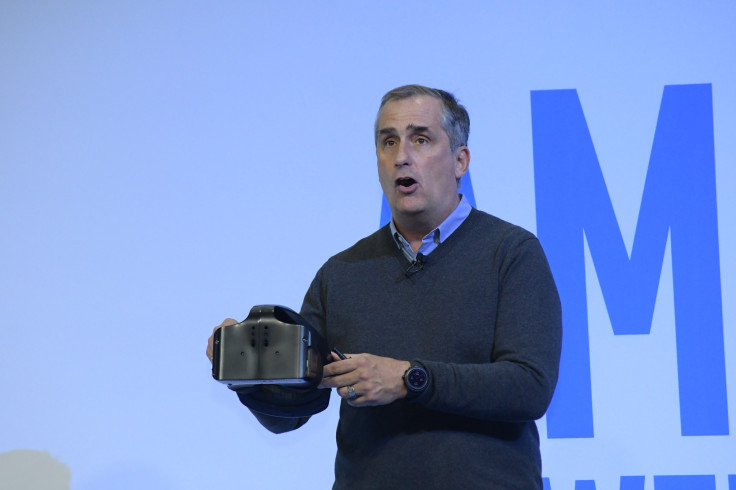
Brian Krzanich resigned as CEO of Intel in 2018 after the company discovered he had engaged in a consensual relationship with an employee years earlier. Although the relationship had ended, it violated Intel's strict non-fraternisation policy, which prohibits relationships between managers and subordinates.
Intel's board accepted his resignation, stating that 'leadership is measured not only by results but also by conduct.' Krzanich's departure came during a period of strong financial performance, but the company made clear that ethical standards were non-negotiable.
Noel Biderman: Ashley Madison's CEO Caught in His Own Web
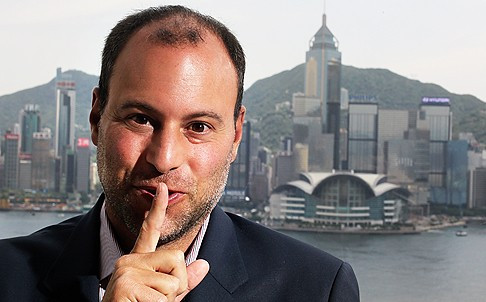
Noel Biderman, the CEO of Avid Life Media, the parent company of Ashley Madison, resigned in 2015 following a massive data breach that exposed the personal details of 37 million users of the infidelity-focused dating site. Among the leaked emails were messages suggesting Biderman himself had used the platform, despite publicly claiming fidelity to his wife.
The company stated his resignation was 'in the best interest of the company' as it faced global scrutiny and legal challenges. The scandal was a public relations disaster, and Biderman's departure marked the collapse of Ashley Madison's controversial brand image.
Richard White: WiseTech Global's Quiet Exit

Richard White, founder and CEO of WiseTech Global, stepped down in 2025 amid allegations of an undisclosed relationship with a senior executive. While the company has remained tight-lipped, sources close to the board suggest concerns over governance and transparency prompted the departure.
White, one of Australia's richest tech entrepreneurs, had built WiseTech into a global logistics software powerhouse. His exit was sudden and unaccompanied by the usual fanfare, fuelling speculation about internal tensions and reputational risk.
The Broader Pattern: Ethics, Power, and Public Perception
These cases are not isolated. According to recent data, at least 41 CEOs have exited S&P 500 companies in 2025 alone, many due to personal misconduct. The pace of leadership turnover is the fastest in two decades, and workplace relationships are increasingly cited as contributing factors.
While romantic relationships between colleagues are not illegal, they become problematic when they involve unequal power dynamics, a lack of disclosure, or conflicts of interest. In the age of social media and whistleblower protections, companies are under pressure to act swiftly and transparently.
Lessons for Leaders: Transparency and Boundaries
The fallout from these affairs underscores the importance of clear boundaries and ethical leadership. Executives are not just responsible for financial performance; they are cultural stewards of their organisations. When personal decisions compromise professional integrity, the consequences can be swift and unforgiving.
Companies are increasingly implementing stricter codes of conduct, mandatory disclosure policies, and ethics training to prevent such incidents. But as the recent scandals show, enforcement and accountability are just as critical as policy.
© Copyright IBTimes 2025. All rights reserved.





















